Why Fire-Prone Communities Need Community Microgrids Now
This blog post explains the crucial need for Community Microgrids in fire-prone regions.
Read More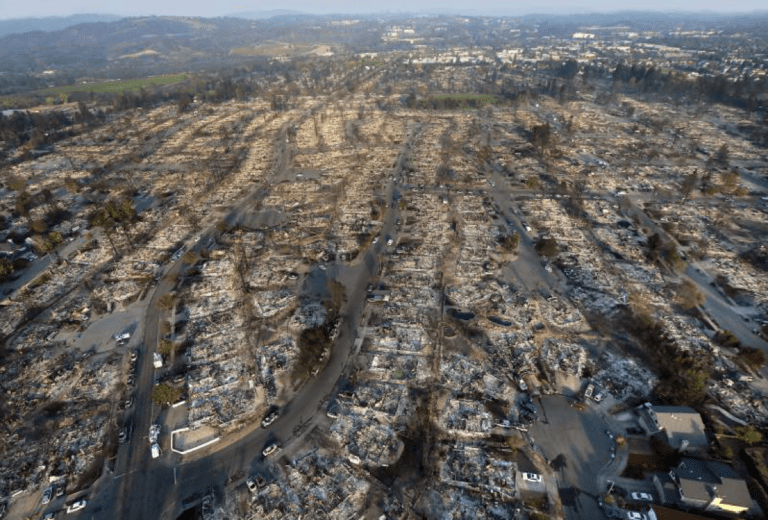
The North Bay Community Resilience Initiative (NBCRI) was developed in response to the devastating, deadly wildfires of 2017 and 2018 in the North Bay region of California’s San Francisco Bay Area.
The wildfires that swept through the North Bay in October 2017 across Sonoma, Napa, and other Northern California counties charred 210,000 acres, destroyed 8,900 structures, forced over 90,000 people to evacuate from their homes, and killed at least 44 people. This was one of the most destructive and costly group of wildfires in California history.
There is a strong desire in this community to build back right — to create a more robust and resilient energy system, and to lower the environmental impacts of housing and transportation, all while maximizing clean local energy use with solar, energy storage, and electric vehicle charging infrastructure. We have the opportunity to rebuild the community from the ground up, while lowering the area’s environmental impacts, creating regional economic benefit, and helping to protect residents during future disasters.
Download a 2-page overview of the North Bay Community Resilience Initiative (PDF)
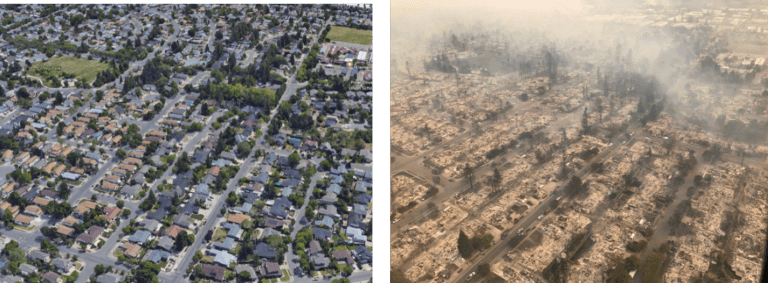
The NBRCI aims to develop and promote community resilience, with the following specific goals:
Sonoma Clean Power, MCE, Pacific Gas & Electric Company (PG&E), and the Bay Area Air Quality Management District have joined efforts to help homeowners affected by the fires rebuild energy-efficient, sustainable homes.
The Advanced Energy Rebuild for Homes program builds on PG&E’s long-standing California Advanced Homes Program, and offers two incentive packages. Each package has a flexible performance pathway or a simple prescriptive menu, and each package can be applied to multiple counties affected by the wildfires.
Sonoma Clean Power Advanced Energy Rebuild for Homes program and GridSavvy Program
MCE Advanced Energy Rebuild for Homes program and Residential Customer Program Offerings
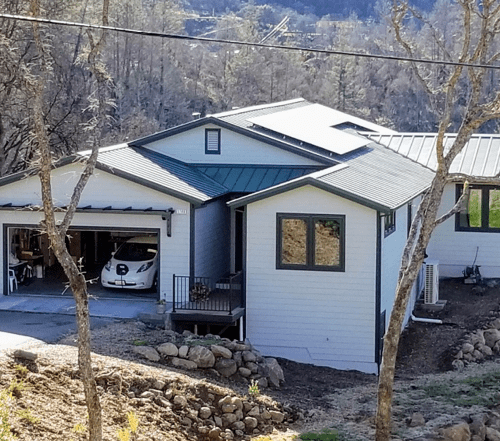
We have the technology but lack the policies and market mechanisms to deploy Community Microgrids widely. As we work to move these forward, we can build or retrofit model structures that will be ready to connect to Community Microgrids when the right conditions are in place. The NBCRI is facilitating model structures in the region that provide successful examples that can be followed throughout the US — such as the home pictured here, the first one rebuilt with help from the Advanced Energy Rebuild for Homes program.
This all-electric, energy efficient home with solar+storage saved a Santa Rosa family on construction costs & timing and is saving the family on ongoing utility bills — including entirely eliminating their gas bill.

The NBCRI is developing guidelines to help communities move toward electrification and energy resilience. These guidelines will serve as models that municipalities around the country can adopt.
In collaboration with a team of industry experts, the Clean Coalition developed the Electrification & Community Microgrid Ready (ECMR) guidelines. The ECMR guidelines serve to enhance building codes and to assist homeowners, developers, and electrical engineers to easily plan and install the simple, inexpensive wiring and components required to implement all-electric, Net Zero Energy, resilient structures that can connect to future Community Microgrids — and for all parties to understand the cost-effectiveness.
The NBCRI also developed a Draft Resolution for Community Resilience that cities and municipalities can use as a template to develop customized resolutions that highlight the importance of, and their dedication to, community resilience.
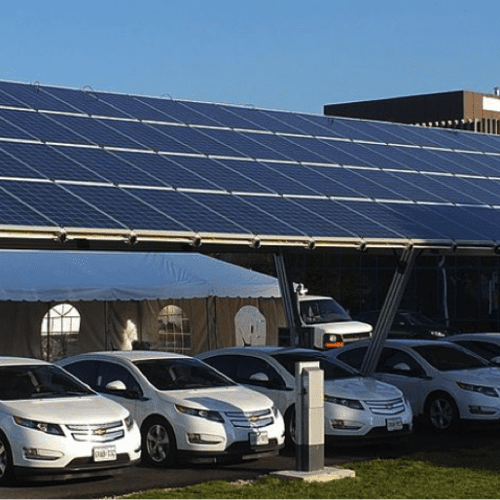
The NBCRI model will inform future rebuilding efforts while promoting the transformative power of the Community Microgrid, a new approach for designing and operating electric grids that provides an unparalleled trifecta of environmental, economic, and resilience benefits. Although connected to the larger power grid, during a power outage a renewables-driven Community Microgrid can “island” from the grid and keep critical facilities like fire stations, hospitals, and emergency shelters online indefinitely.
The first Community Microgrid being planned as part of the NBCRI is in Calistoga. In July 2019, the City of Calistoga entered into an agreement with the Clean Coalition to conduct a Community Microgrid feasibility assessment for the City.
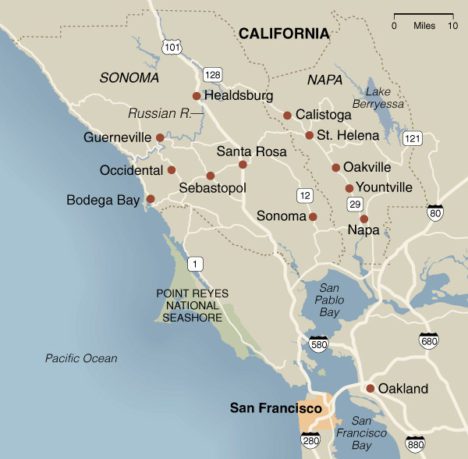 The conditions for the North Bay Community Resilience Initiative are ideal for success. The project will be located in the global capital of technological innovation, the San Francisco Bay Area. California policymakers have established nation-leading goals and frameworks for the transition to renewable energy and carbon-free transportation. PG&E, the collaborating energy company, strives to safely and reliably deliver affordable and clean energy to its customers while building the energy network of tomorrow, and has collaborated with the Clean Coalition on multiple relevant local energy initiatives.
The conditions for the North Bay Community Resilience Initiative are ideal for success. The project will be located in the global capital of technological innovation, the San Francisco Bay Area. California policymakers have established nation-leading goals and frameworks for the transition to renewable energy and carbon-free transportation. PG&E, the collaborating energy company, strives to safely and reliably deliver affordable and clean energy to its customers while building the energy network of tomorrow, and has collaborated with the Clean Coalition on multiple relevant local energy initiatives.
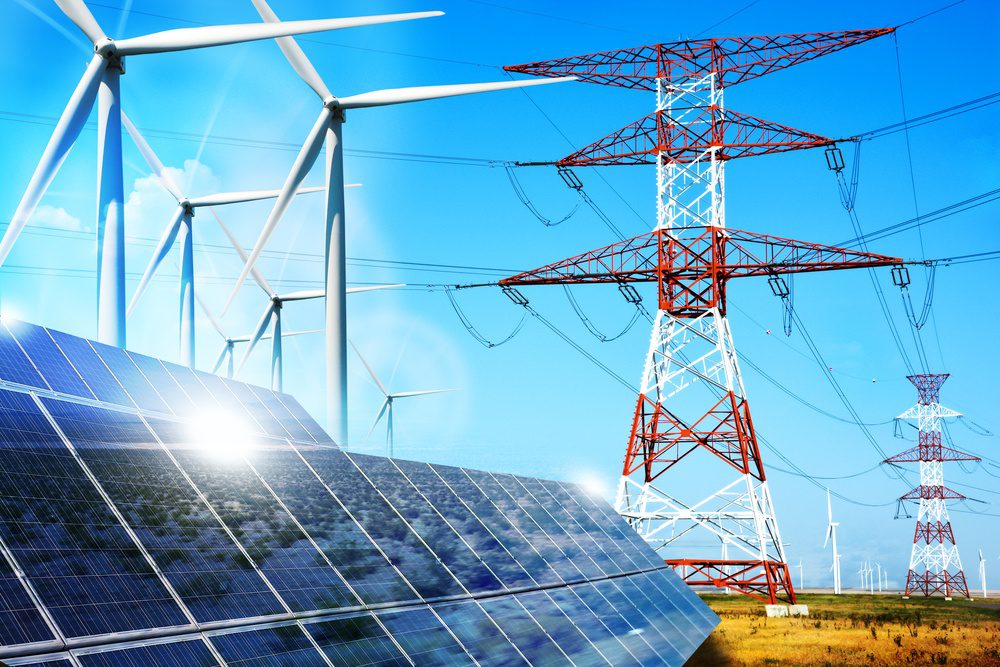 The local energy company, PG&E, is in full support of the North Bay Community Resilience Initiative, including the rebuild program for homes, the Community Microgrid, and the grid modernization effort. The initiative also has support from Sonoma Clean Power and MCE, the community choice aggregators (CCAs) in the area.
The local energy company, PG&E, is in full support of the North Bay Community Resilience Initiative, including the rebuild program for homes, the Community Microgrid, and the grid modernization effort. The initiative also has support from Sonoma Clean Power and MCE, the community choice aggregators (CCAs) in the area.
The Clean Coalition is working closely with PG&E, Sonoma Clean Power, MCE, and multiple leaders in the community, including the Rebuild Northbay Foundation, to analyze the best locations for the North Bay Community Resilience Initiative projects. Please check back for updates.
The North Bay Community Resilience Initiative will combine the optimal solar siting opportunity of commercial and industrial sites with the opportunities of homes and apartment buildings. A target of 30 MW of solar PV could include these types of sites (click below to enlarge image):
A Clean Coalition analysis demonstrates that installing 30 MW of local solar PV on the built environment in suburban communities will produce these benefits over 20 years: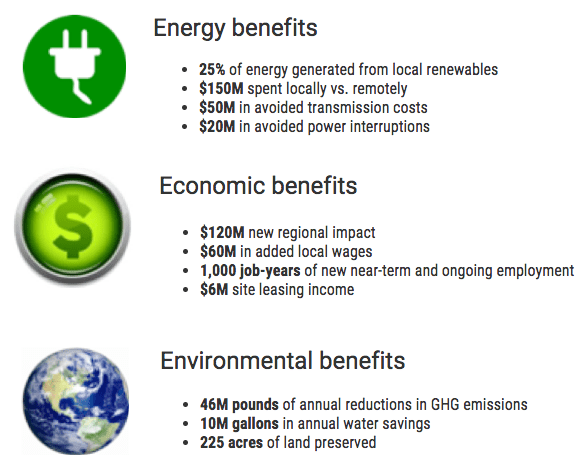
The North Bay Community Resilience Initiative is a collaborative effort among multiple key leaders across a variety of critical expertise areas and disciplines. The project team includes the Clean Coalition, PG&E, Sonoma Clean Power, MCE, the Rebuild Northbay Foundation, and a number of community leaders. The team includes:
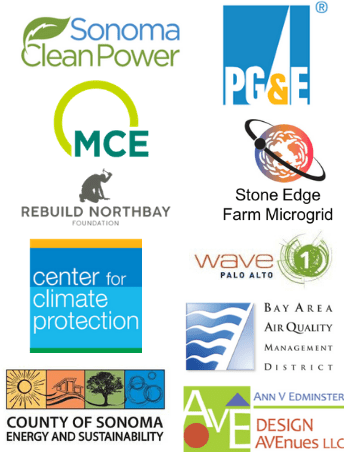
The latest in clean local energy
Learn about our innovative projects and initiatives on our blog, and see what others are reporting about our important work.
This blog post explains the crucial need for Community Microgrids in fire-prone regions.
Read MoreRedwood Energy reports on Clean Coalition’s expert commentary, warning that AB 942 threatens rooftop solar affordability and undermines the clean‑energy transition
Read articleThis Clean Coalition hosted webinar took place on 27 June 2025 at 10:00 AM PST.
Read More